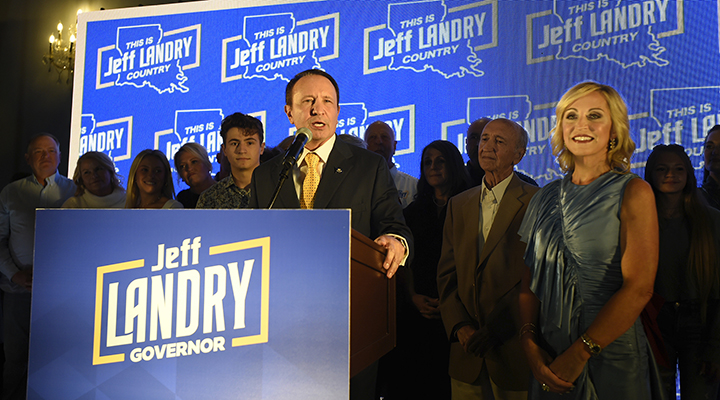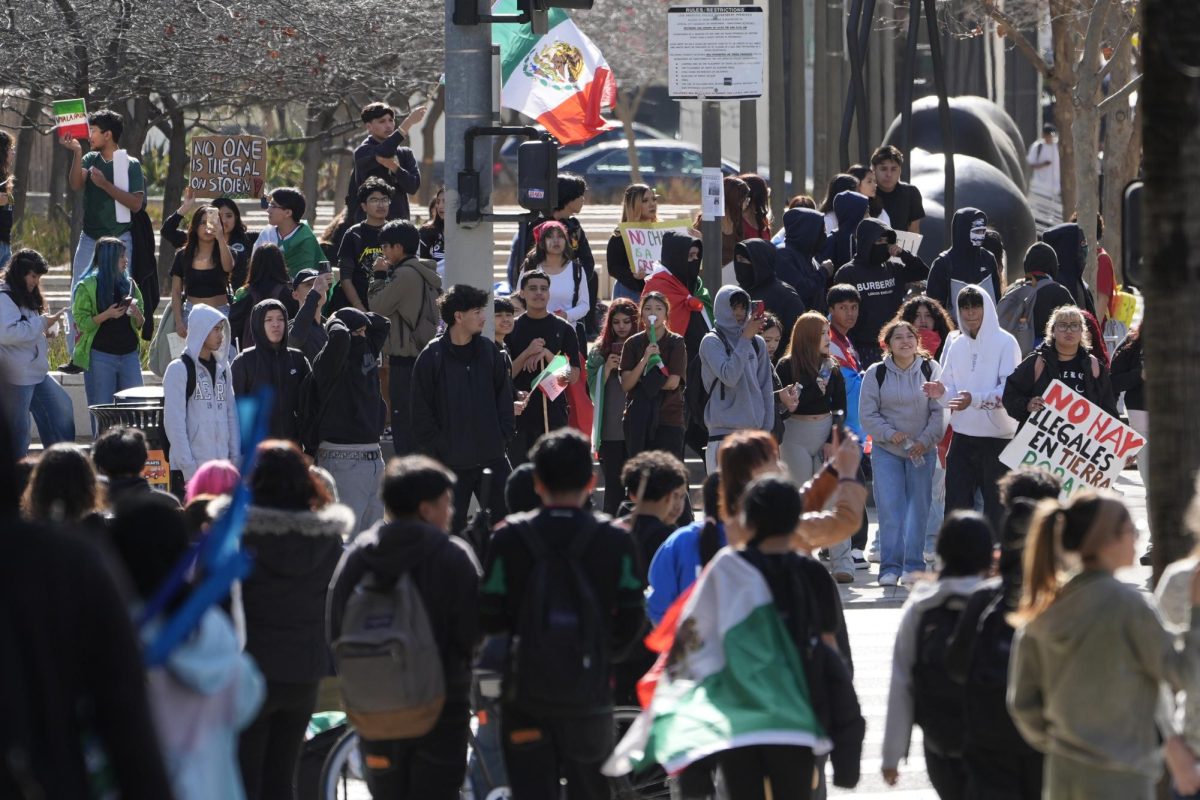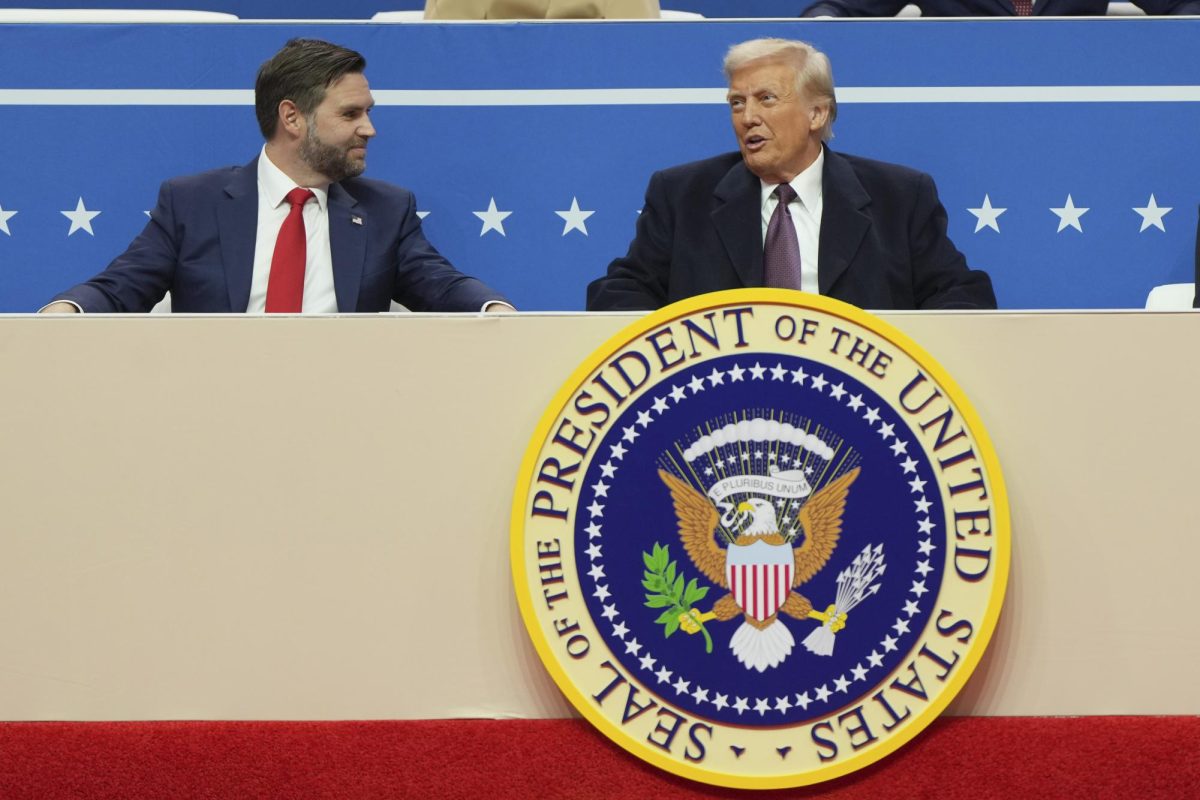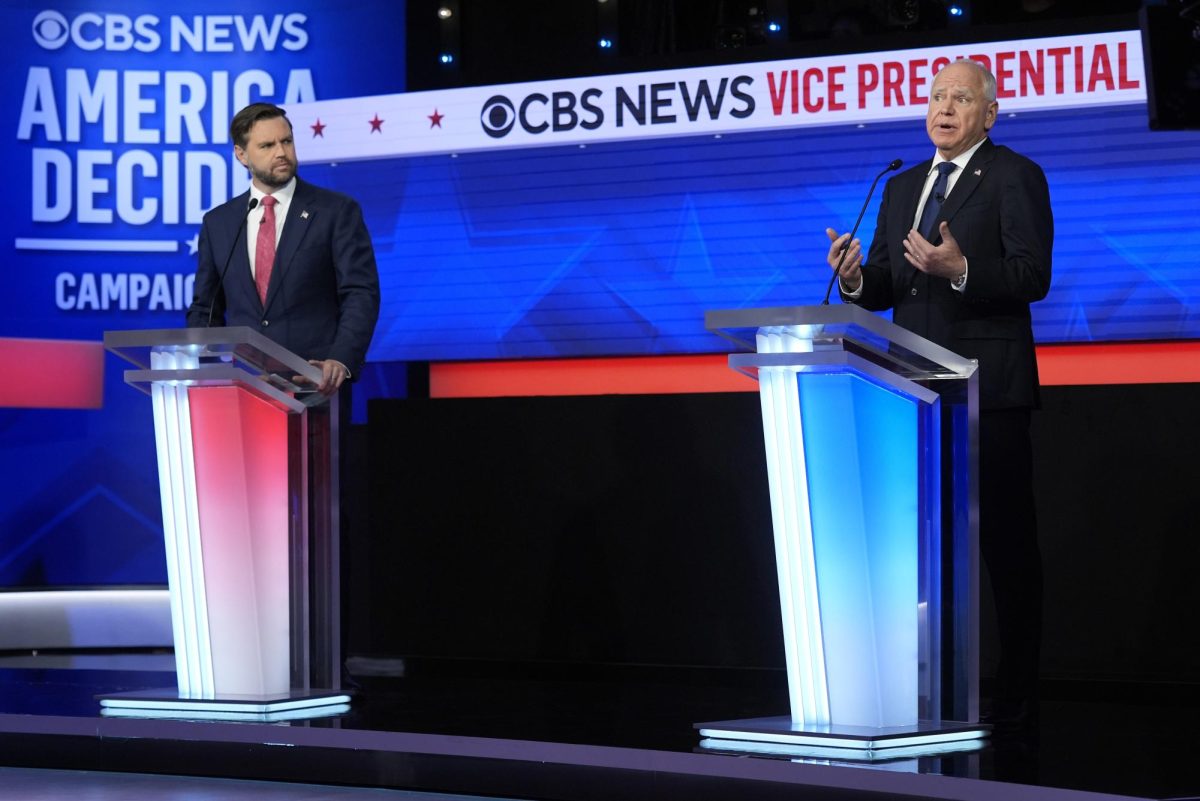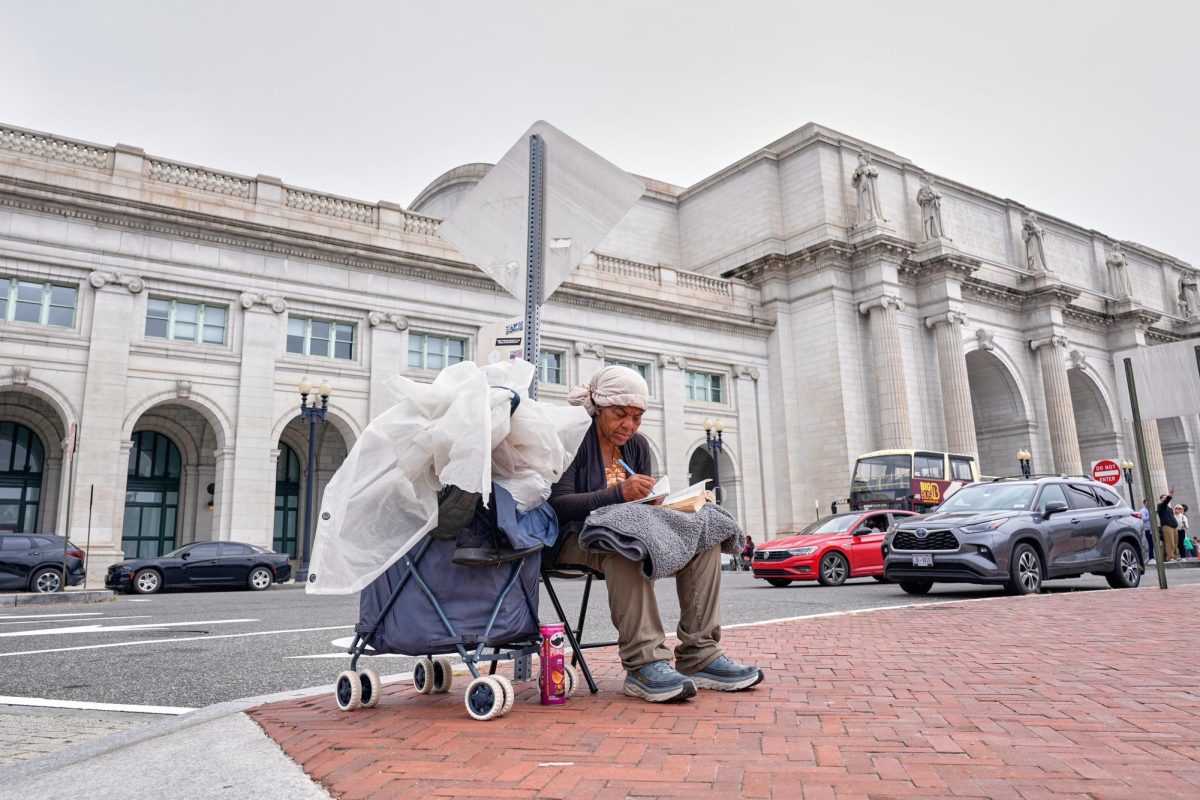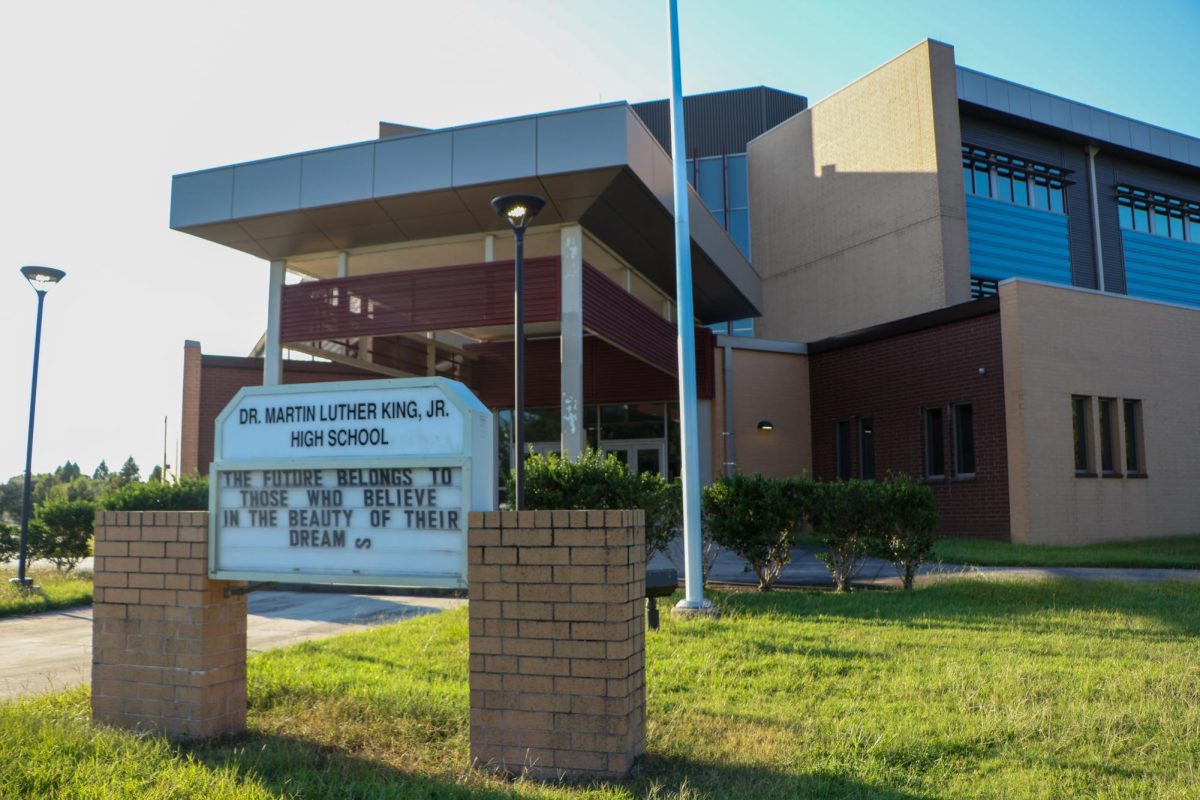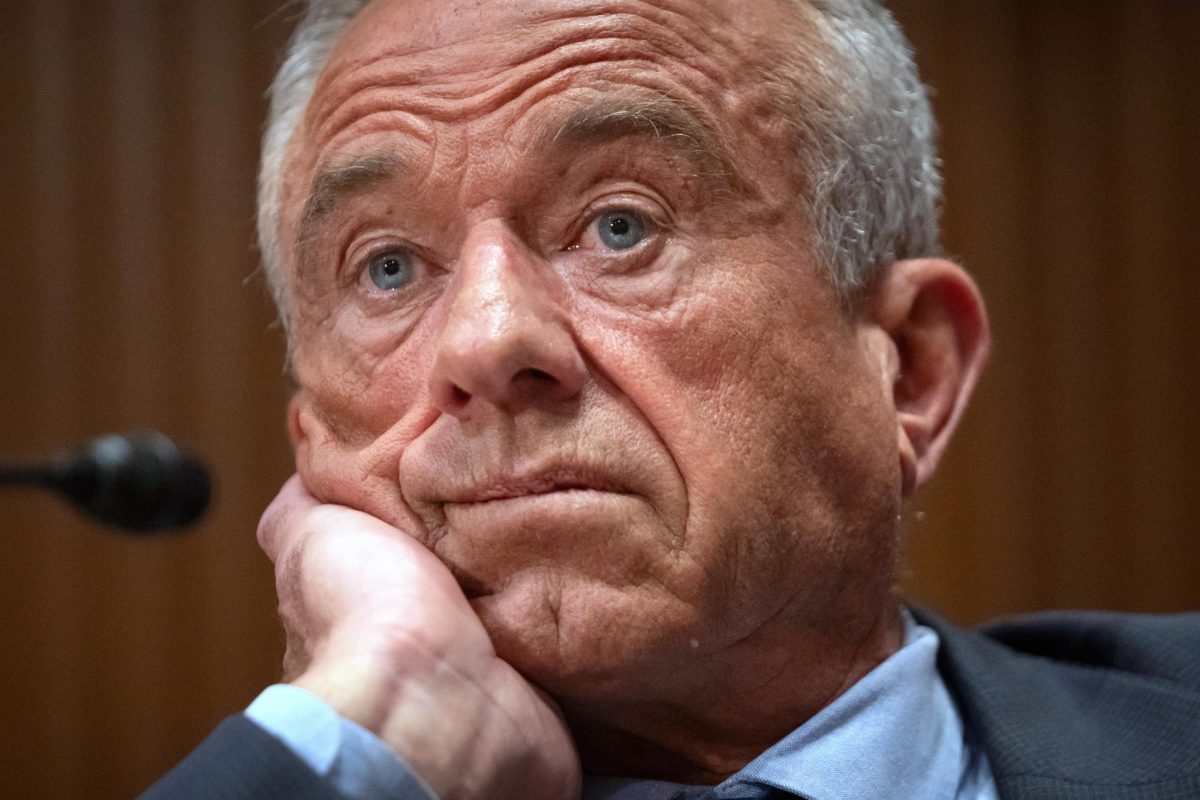When Jeff Landry was elected governor of Louisiana with 52% of the votes, Republicans flipped the governorship, succeeding term-limited John Bel Edwards.The GOP also expanded its majority in both chambers of the legislature, gaining one seat in the Senate and two in the House.
Landry took office on Jan. 8, and his first significant action was to convene the legislature into an extraordinary session in order to redraw Louisiana’s congressional districts and to close much of the state’s primary system. Court-mandated, the redrawing of the state’s congressional district was meant to create a second Black-majority district. According to the Louisiana American Civil Liberties Union, the challenge to the former congressional map in Robinson v. Landry was launched, among others, by the Louisiana State Conference of the NAACP.
Alabama also had to redraw its congressional district last year for a similar reason, but the legislature tried to circumvent the Supreme Court’s ruling in Allen v. Milligan by creating a Republican-leaning 40% Black district.
A federal district court interpreted the legislature’s action as a violation of its ruling and ordered a special master to redraw the lines, imposing a second majority-Black district to the heavily Republican legislature, a decision challenged by the state of Alabama but maintained by the U.S. Supreme Court.
Learning from Alabama’s experience, the Louisiana legislature opted for the second majority Black district carved out of Rep. Garret Graves’ district.
The extraordinary session also resulted in a change in Louisiana’s electoral system, replacing the jungle primary with a partisan primary as of 2026 for certain offices, most notably for congressional elections and state Supreme Court elections.
Democrats and Republicans will choose their own candidates for these offices, while unaffiliated voters will be able to choose in which primary to vote. Legislative elections and most statewide offices are not covered by the changed process.
Landry’s first month in office has also been marked by his stance on illegal immigration.
Like most Republican governors (with the exception of Phil Scott from Vermont), Landry announced his support of Texas Governor Greg Abbott in his defiance of the federal administration.
On Jan. 22, the Supreme Court ruled that the federal government could ask the U.S. Border Patrol to remove razor wire installed on a portion of the Texas-Mexico border.
Abbott signaled he would deny access to federal agents sent to remove the razor wire, citing the protection of his state’s sovereignty and Texas’ “right to self-defense.”
Landry took actions against illegal immigration with the promulgation on Jan. 12 of an executive order, asking every state agency to collect data on the effects of illegal immigration on the state.
Associated Press contributed to this report


